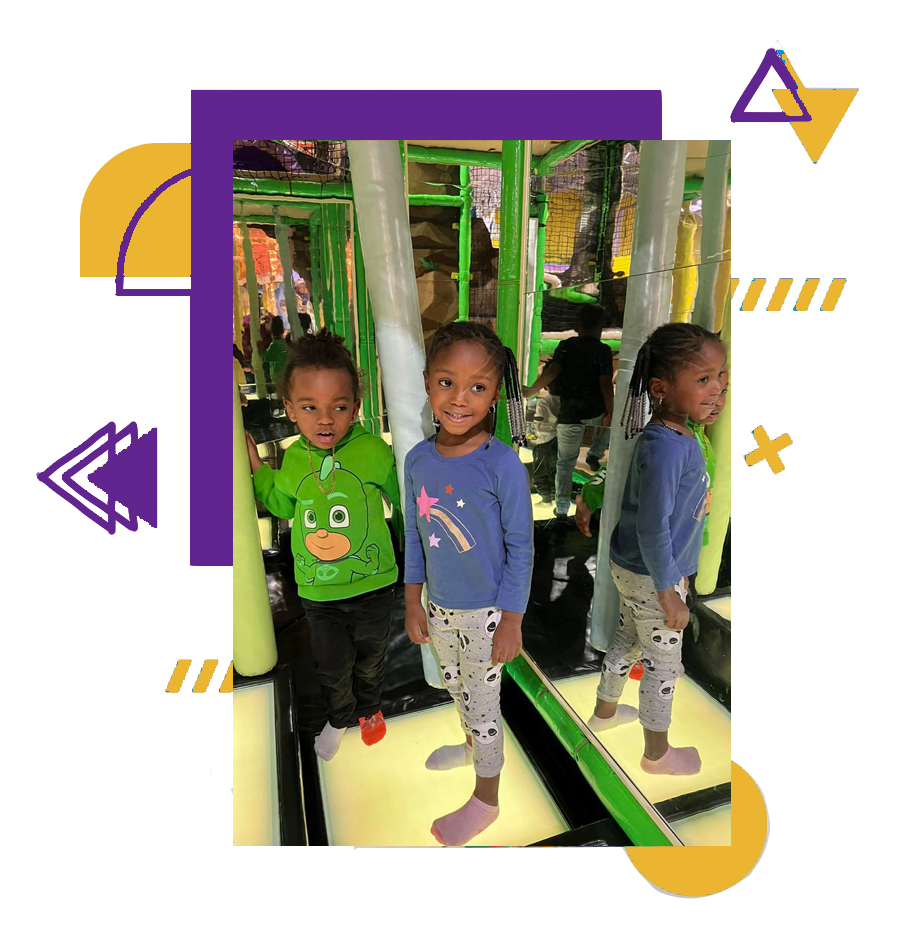

Our curriculum is Play-based and addresses 9 developmental areas. Play-based learning is an educational approach that incorporates play as a central component of the learning process. For children to benefit from a play-based curriculum, it’s important that educators incorporate all the elements of play-based learning. They include:
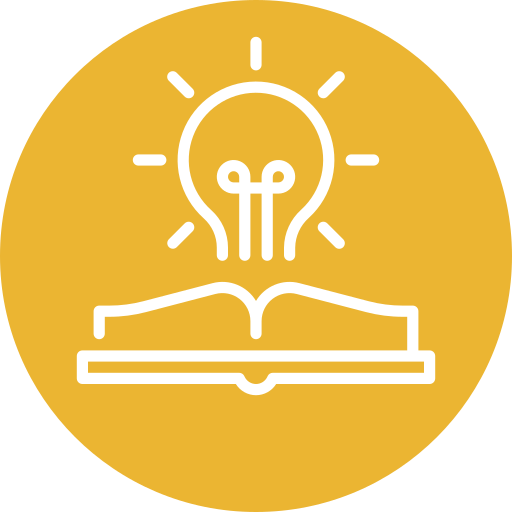
Early literacy is what children know about reading and writing before they actually learn to read and write. It is not teaching reading, drilling or using flashcards. Instead, it is laying the foundation, so that your child has the necessary skills when they are developmentally ready to read.
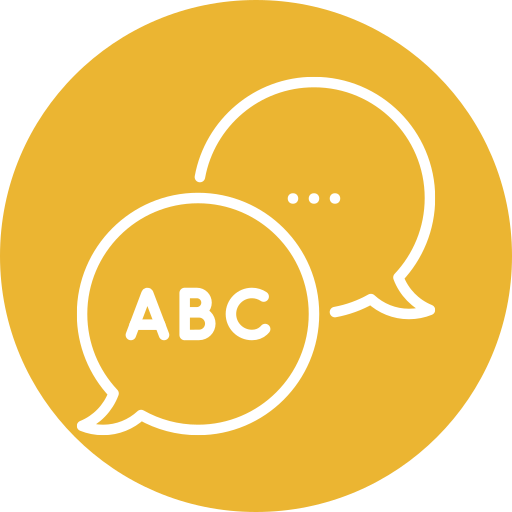
The best way to encourage your child’s language development is to do a lot of talking together about things that interest your child. It’s all about following your child’s lead as they show you what they’re interested in by waving, babbling or using words
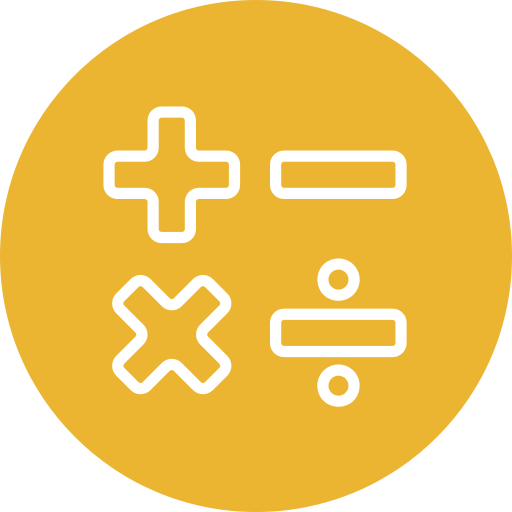
Math is an important part of learning for children in the early years because it provides vital life skills. Even in the early years, mathematics helps children problem solve, measure and develop their own spatial awareness, along with how to use and understand shapes.
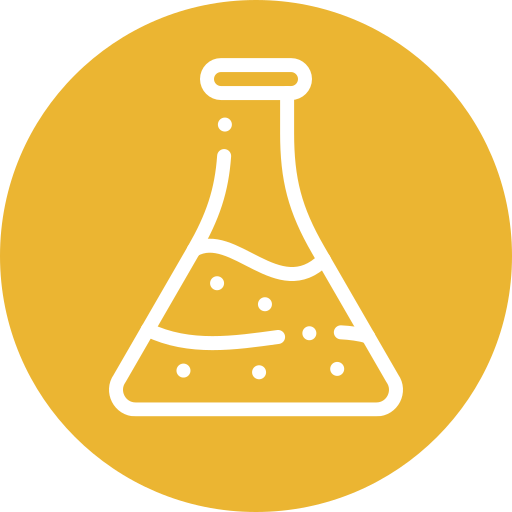
Science encourages and teaches children how to discover and wonder about everything in the world around them. Scientific thinking and the desire to explore and investigate can be used to your advantage in the classroom. You can use children’s natural curiosity to teach any one of your curricula learning intentions. We incorporate S.T.E.A.M activities and experiments to enhance our students explorative curiosities.
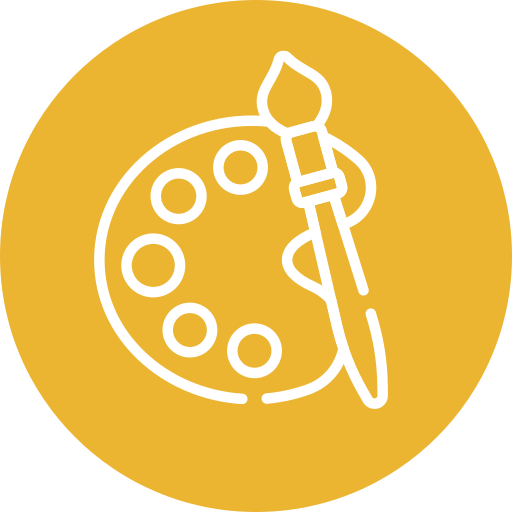
Art is a language that allows us to express and develop our ideas and emotions; artistic activities are full of processes that help us to grow and stimulate our creativity while nurturing the soul. When children are exposed to any artistic activity the brain is stimulated from sounds, movements, colors and sizes; neural connections increase and the brain is exercised and strengthened.
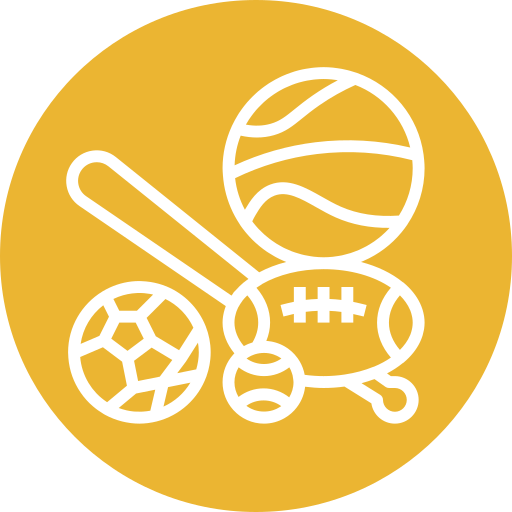
From kicking and squirming, to holding objects, crawling and standing, the development of fine and gross motor skills starts in the early years. Fine motor refers to small muscle’s groups, including hands, wrists, fingers, feet and toes. We offer yoga sessions as a part of our physical activities.
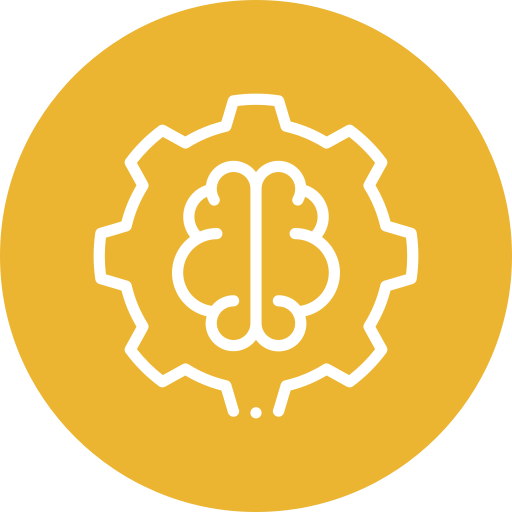
It is the development of knowledge, skills, problem solving and dispositions, which help children to think about and understand the world around them.
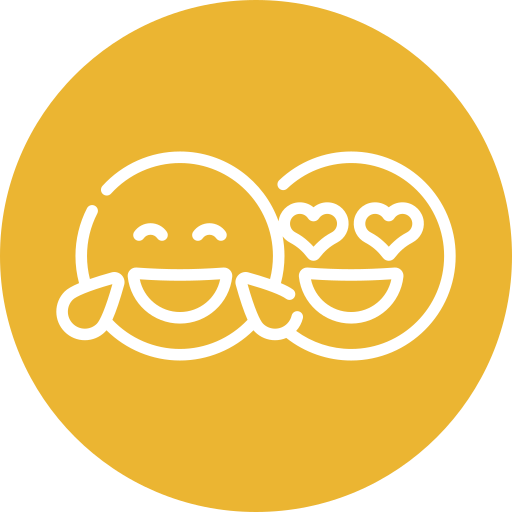
Recognizing if someone is sad, and asking if they’re ok. Expressing yourself with your friends in a different way than with your parents. Understanding your thoughts and feelings and being able to relate to others. We practice mindfulness strategies to help them become more aware and conscious of how to cope and process their emotions.
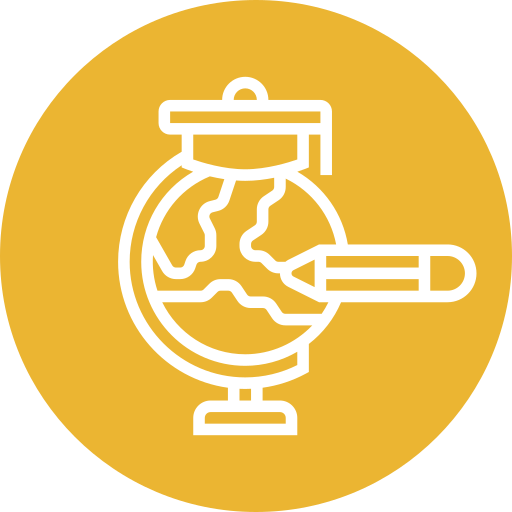
Through the social studies, children explore and ask questions about social systems, the abstract societal norms and values affecting human relationships and interactions in everyday life.
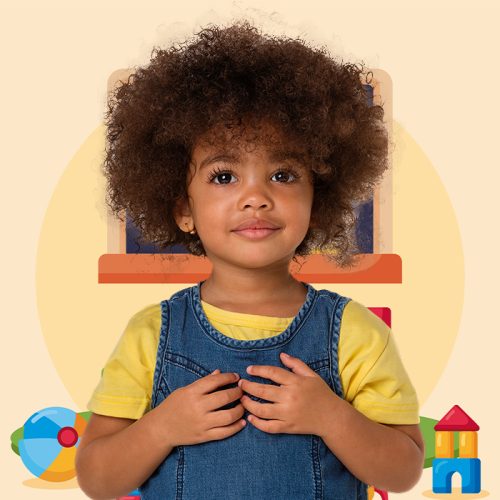
5 – 10 Years Old
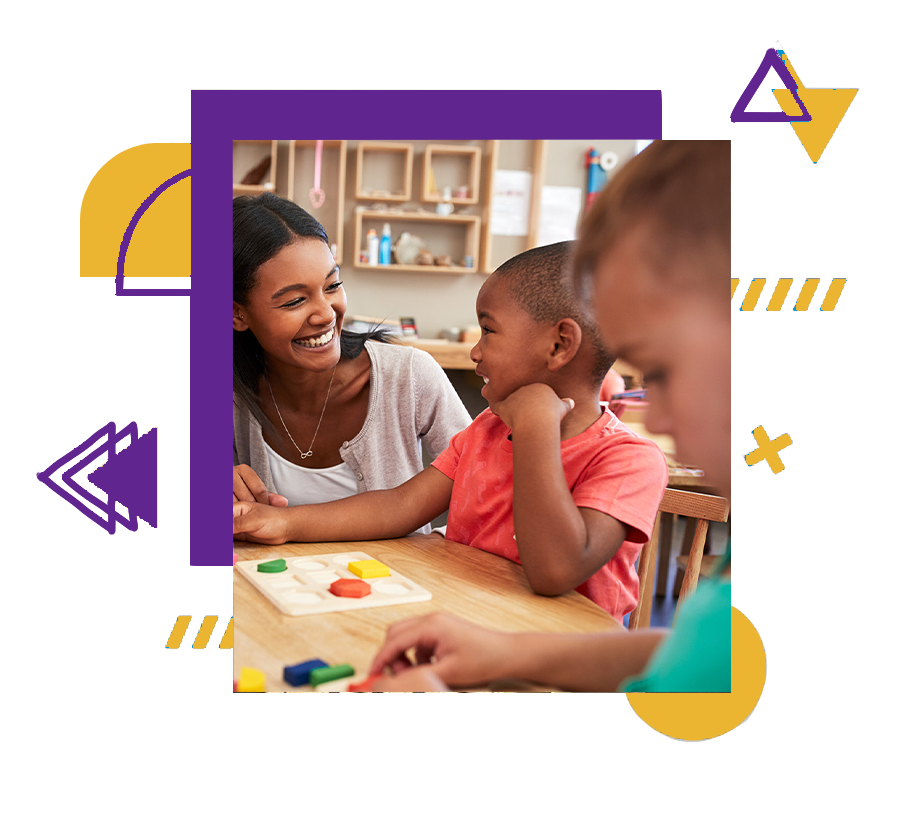

Our curriculum is Play-based and addresses 9 developmental areas. Play-based learning is an educational approach that incorporates play as a central component of the learning process. For children to benefit from a play-based curriculum, it’s important that educators incorporate all the elements of play-based learning. With a combination of small group, large group and individual learning experiences in our childcare classrooms, our curriculum targets these 9 essential developmental areas.
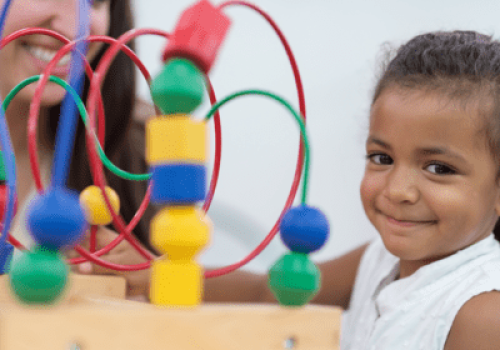
Early literacy is what children know about reading and writing before they learn to read and write. It is not teaching reading, drilling, or using flashcards. Instead, it is laying the foundation, so that your child has the necessary skills when they are developmentally ready to read.
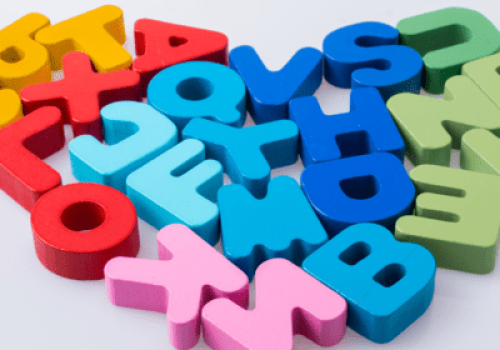
The best way to encourage your child’s language development is to do a lot of talking together about things that interest your child. It’s all about following your child’s lead as they show you what they’re interested in by waving, babbling or using words.
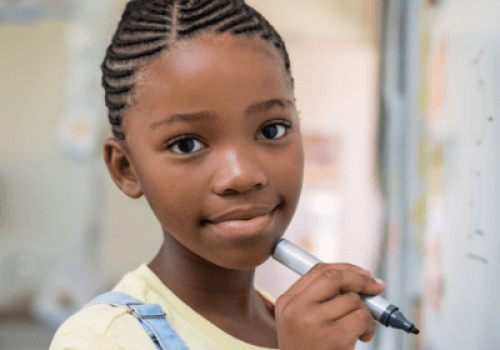
Math is an important part of learning for children in the early years because it provides vital life skills. Even in the early years, mathematics helps children problem solve, measure, and develop their own spatial awareness, along with how to use and understand shapes.
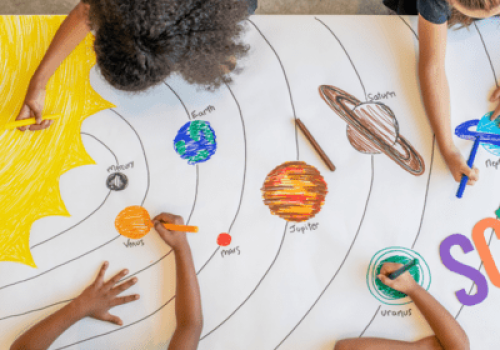
Science encourages and teaches children how to discover and wonder about everything in the world around them. We incorporate S.T.E.A.M activities and experiments to enhance our students’ explorative curiosities.
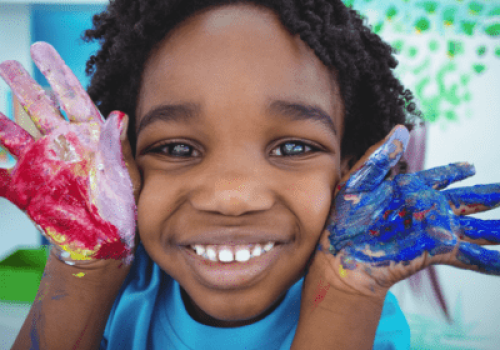
Art is a language that allows us to express and develop our ideas and emotions; artistic activities are full of processes that help us to grow and stimulate our creativity while nurturing the soul. When children are exposed to any artistic activity the brain is stimulated from sounds, movements, colors, and sizes; neural connections increase, and the brain is exercised and strengthened.
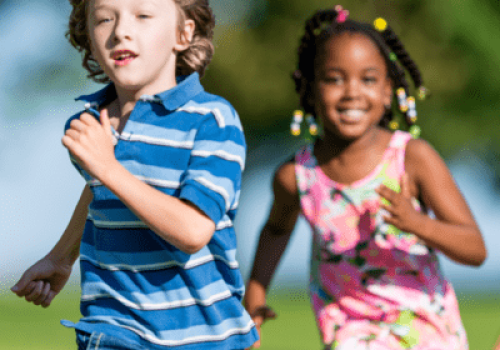
The development of fine and gross motor skills starts in the early years. Fine motor refers to small muscle’s groups, including hands, wrists, fingers, feet and toes. We offer yoga sessions as a part of our physical activities.
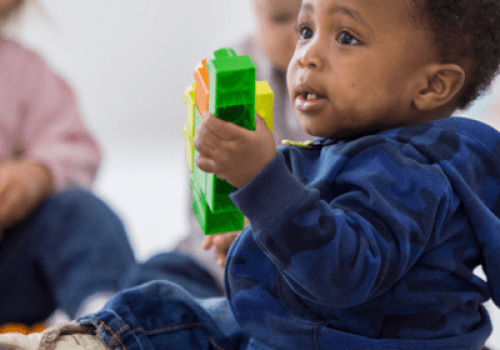
It is the development of knowledge, skills, problem solving and dispositions, which help children to think about and understand the world around them.
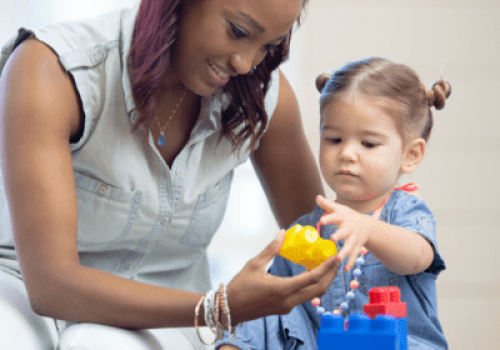
Our curriculum helps children to understand your thoughts and feelings and being able to relate to others. We practice mindfulness strategies to help them become more aware and conscious of how to cope and process their emotions.
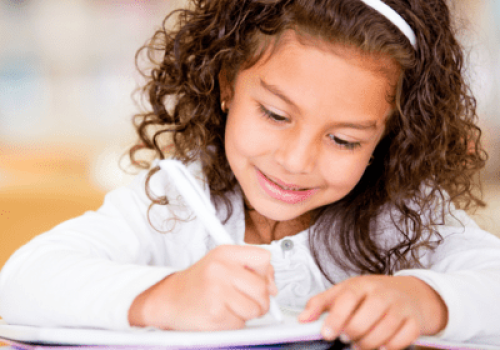
Through the social studies, children explore and ask questions about social systems, the abstract societal norms and values affecting human relationships and interactions in everyday life.

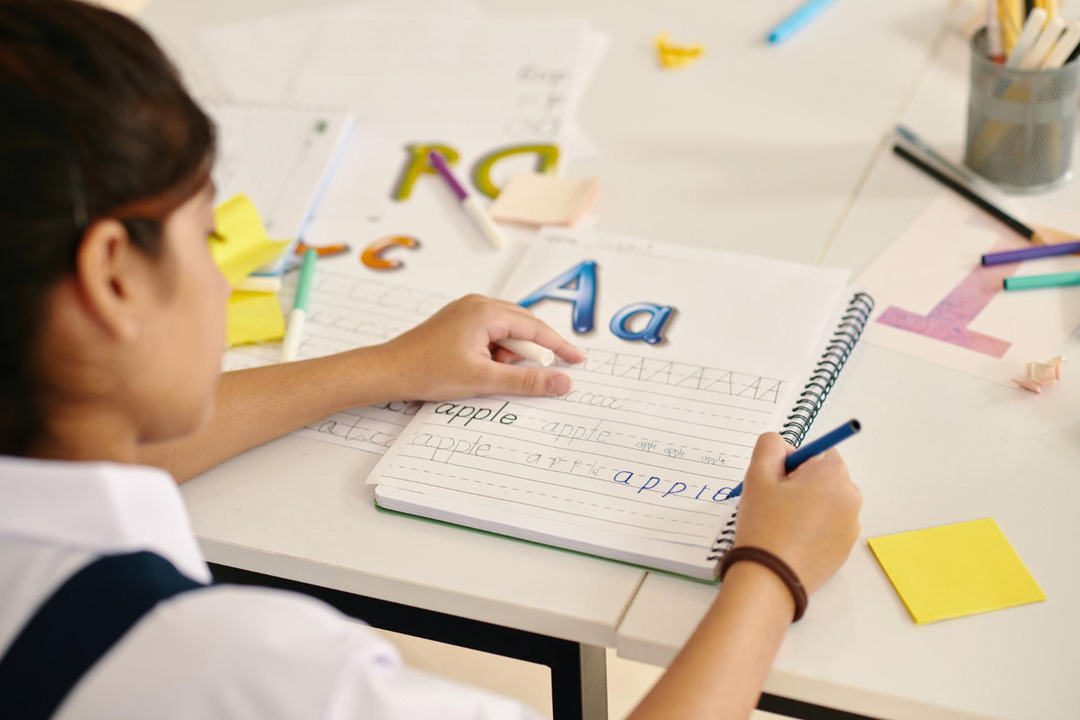
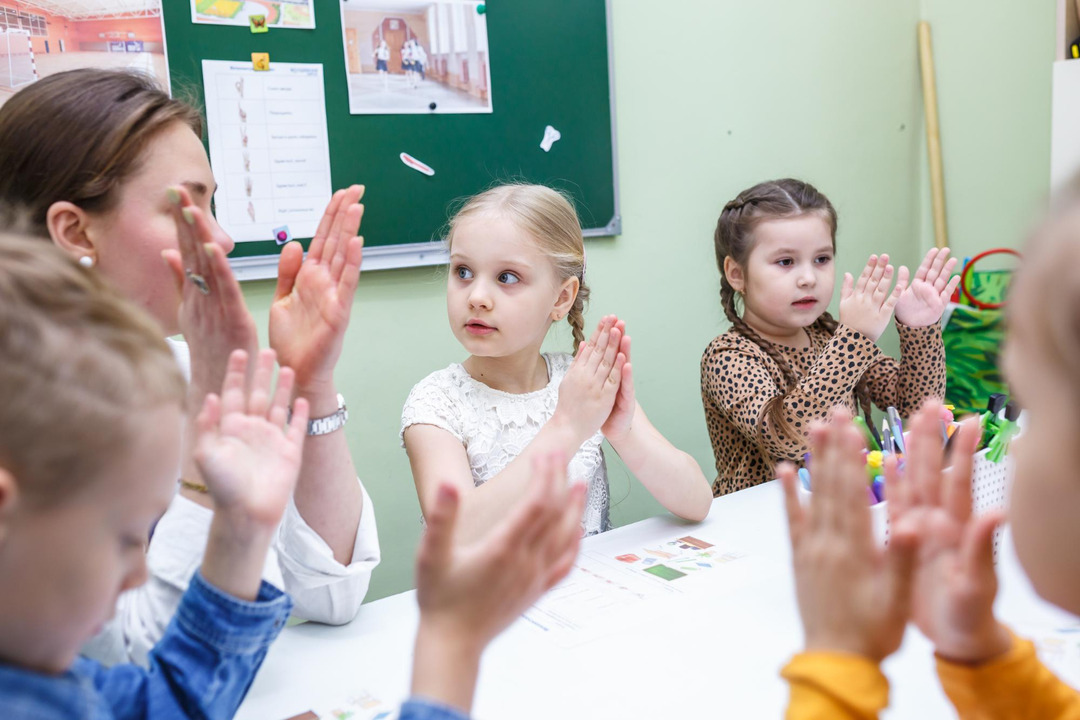
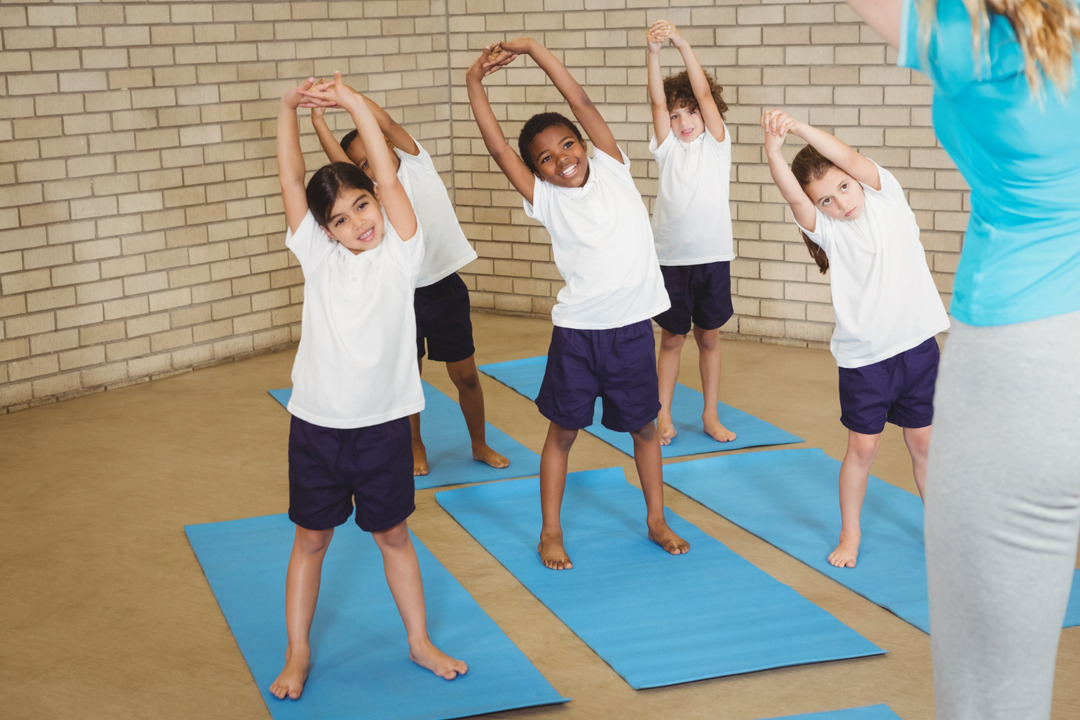
The hours of operation for Kinder Joy Learning Academy will be Monday-Friday from 6:30am to 5:00 pm. Each day your child MUST BE SIGNED IN/OUT by an authorized adult. We require an authorized adult accompany each child in and out of the building and deliver the child to a staff member on duty. Please make sure the classroom teacher is AWARE of your child’s arrival when dropping them off and DEPARTURE when leaving.
We ask that your child is present everyday by the CUT OFF time of 9:00 am unless otherwise discussed in advance with administration staff of any appointments that child will be attending. Any time after 9am, ex. 9:01am, your child will NOT be accepted! When attending appointments, we ask that you call to let us know if the child will be returning after appointment so they can be included in the meal count. Our cut off time ensures daily schedules and classroom routines run smooth and the learning process is not disrupted.
Innocent Infants – $200
Terrific Toddlers – $200
Impressionable Two’s – $200
Prestigious Preschoolers – $190
Unforgettable 4’s(Pre-K) – $190
Fascinating 5’s(Not in Kindergaten) – $190
Infants – $150
Toddlers – $150
Two’s – $150
Preschool – $140
$150 per week
Summer Camp – $150 per week
© Kinder Joy Learning Academy, LLC | Privacy Policy | Powered by Classroom Panda LLC